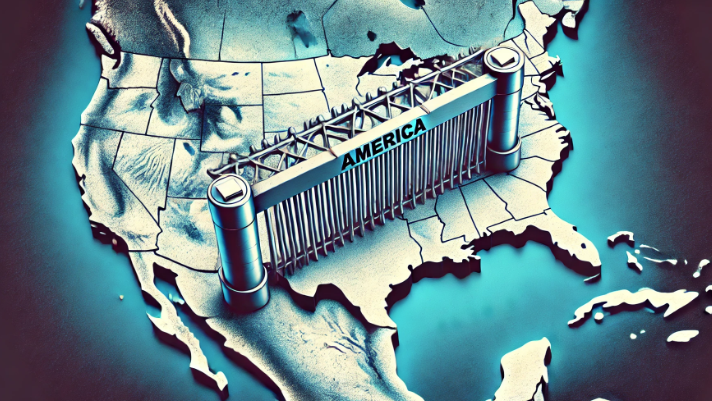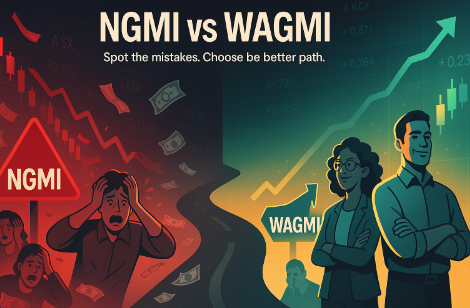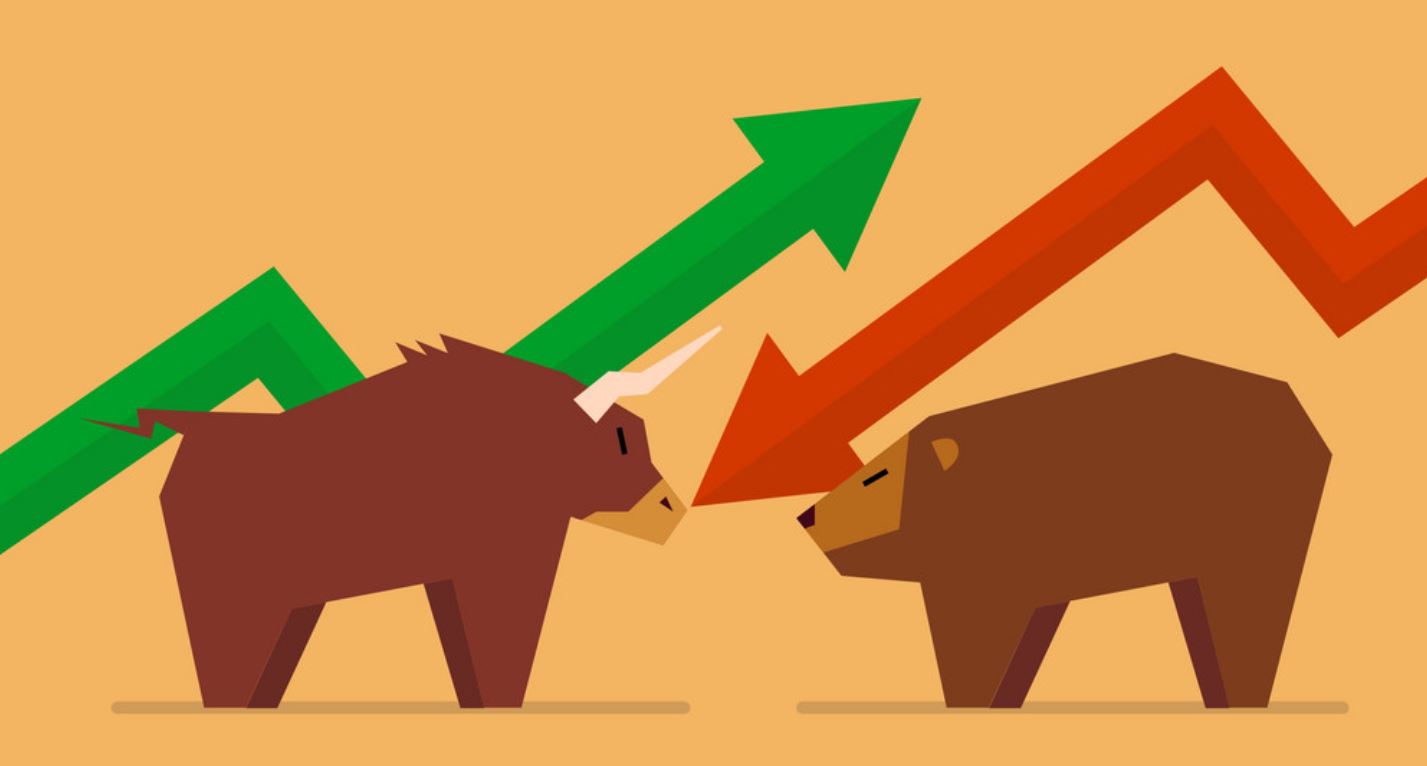
“We need education in the obvious more than investigation of the obscure.” — Justice Oliver Wendell Holmes
A great irony of economics is that the simplest, most fundamental of principles are often the hardest to accept. Probably because they can rub against our intuitions or, more often, our ideologies.
Such impediments are common in many domains, but at least in the hard sciences empirical evidence tends to (eventually) overcome our subjective instincts.
You can complain all you like about how unfair it is that perpetual motion machines don’t work, but the laws of thermodynamics simply don’t care what you think.
Similarly, it can strike us as immoral that prices rise in response to supply shocks, but that’s the inevitable and inescapable outcome of how a market economy responds to such events. You may not like it, but how else do you incentivise increased production? How else do you coordinate the myriad economic actors within a society to redirect resources to where they are needed most?
The ‘law of demand’, as it’s known, is a principle so fundamental that it barely seems worth stating – except that, time and again, politicians, policymakers, and even the public act as if it isn’t true.
The latest example is the Trump administration’s renewed push for tariffs – those taxes on imports that are supposed to “protect” domestic industries but in reality do little more than distort prices, misallocate resources, and make everyone poorer than they would otherwise be.
Prices aren’t just numbers on a tag. They are signals, guiding scarce resources to where they are most valued. Tariffs, like any other artificial intervention, interfere with this natural coordination – and history has a way of proving just how costly that can be.
Consider the Smoot-Hawley Tariff of 1930, a sweeping set of import taxes meant to protect American jobs during the onset of the Great Depression. It sounded good, and had broad public support – who could possibly oppose policy designed to protect workers?
The reality, of course, was that other countries retaliated, exports collapsed, and what could have been a sharp but short downturn turned into a drawn-out economic disaster. Unemployment soared, businesses shuttered, and the U.S. economy contracted far more than it otherwise would have.
Trump’s 2018 tariffs on steel and aluminum followed the same pattern. Steelmakers got their protection, but automakers, construction firms and ultimately consumers paid the price – literally. A study by the Federal Reserve found that for every job “saved” in the steel industry, 16 jobs were lost elsewhere.
The fundamental problem isn’t political; it’s economic. You can’t raise the cost of inputs without raising the cost of everything that depends on them.
Prices are more than just an accounting mechanism; they are the economy’s nervous system. They inform producers what to make, consumers what to buy, and businesses where to invest. Tariffs, by interfering with these signals, introduce a kind of price static; a distortion that makes the economy less efficient (that is, more wasteful) and society at large poorer.
So if tariffs are such an obviously bad idea, why do they keep coming back?
Partly because they sound good to the voting public – in the same way perpetual motion machines sound good, even though they are an impossible fantasy.
Also, the effects of tariffs are not always obvious. This is due to what economists call ‘concentrated benefits and dispersed costs’.
A steelworker who sees their job saved by tariffs knows exactly who to thank. But a consumer who pays a few hundred dollars more for a car because of those tariffs never connects the dots.
This dynamic allows bad policies to persist because the pain is spread thin, while the benefits are concentrated in a vocal (and often politically connected) minority.
Here’s the harsh truth; when dealing with scarcity – which is the fundamental focus of economics – you can either let markets coordinate production through price signals, or you can let politicians do it through mandates. History shows, rather decisively, that the latter never works well.
Economics doesn’t care about political ideology. It doesn’t care about good intentions. It only cares about cause and effect. Tariffs, like any artificial price control, simply distort price signals and incentives in a way that leads to a misallocation of resources.
Which is just a fancy way of saying they make us all, on average, worse off than we would otherwise need to be.
There will always be ideological debates in economics. But the laws of supply, demand, and prices are not ideological. They are simply how the world works. And when we ignore them, we pay the price.
Every. Single. Time.
Strawman is Australia’s premier online investment club.
Members share research & recommendations on ASX-listed stocks by managing Virtual Portfolios and building Company Reports. By ranking content according to performance and community endorsement, Strawman provides accountable and peer-reviewed investment insights.
Disclaimer– Strawman is not a broker and you cannot purchase shares through the platform. All trades on Strawman use play money and are intended only as a tool to gain experience and have fun. No content on Strawman should be considered an inducement to to buy or sell real world financial securities, and you should seek professional advice before making any investment decisions.
© 2024 Strawman Pty Ltd. All rights reserved.







